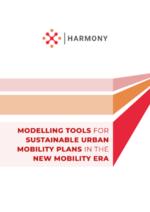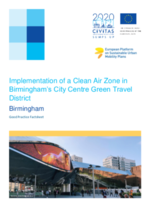
Turin (Italy)
Torino is the capital of the Piemonte region, an important business and cultural centre in Northern Italy. The population is around 900,000 inhabitants in the inner city - more than 2 million in the metropolitan area - with a 130 km2 surface and 7,013 inh/km2 density.
In the late 19th Century a strong automotive industry flourished, the city thus became a factory town developing a number of satellite companies. As a consequence, the “car ownership culture” started to be deeply embedded in the social fabric.
The economic crisis of the 1980s led to a profound transformation in the city, turning it from productive pole, into a centre of research & innovation, services, education, culture and ultimately into a tourist destination.
The new deal of the city favoured a urban transition involving the mobility system as well. In the last 20 years, 4,000,000,000 € have been invested to build new infrastructures for public transport. In 2006, the first line of automated underground has been opened. From 2013 Torino has also a metropolitan train service with 8 lines connecting 93 train stations, as well as a wide offer of car-sharing services.
In 2010, the City Council also adopted a Sustainable Mobility Urban Plan, with the primary goal to reach the equality in the modal shift between private and sustainable transport. In these last years, the highly implemented offer of public transport enabled the decrease in the use of the car by 5% between 2010 and 2013.
Documents of the Torino Sustainable Urban Mobility Plans can be found via the following link (italian only)



















